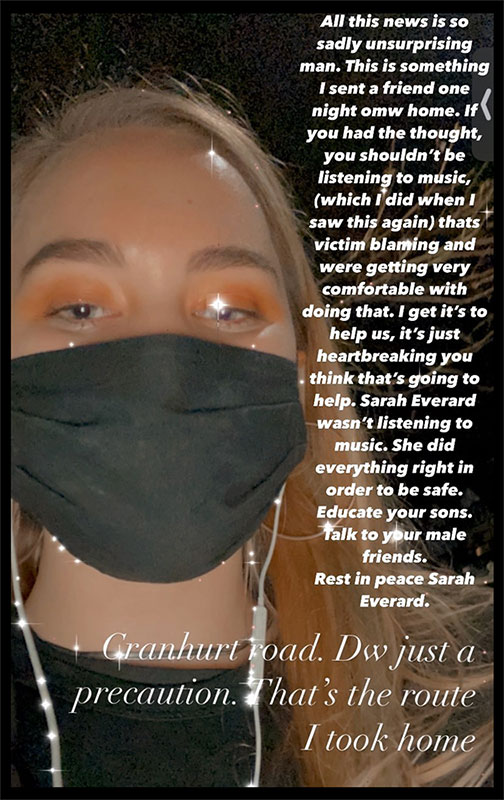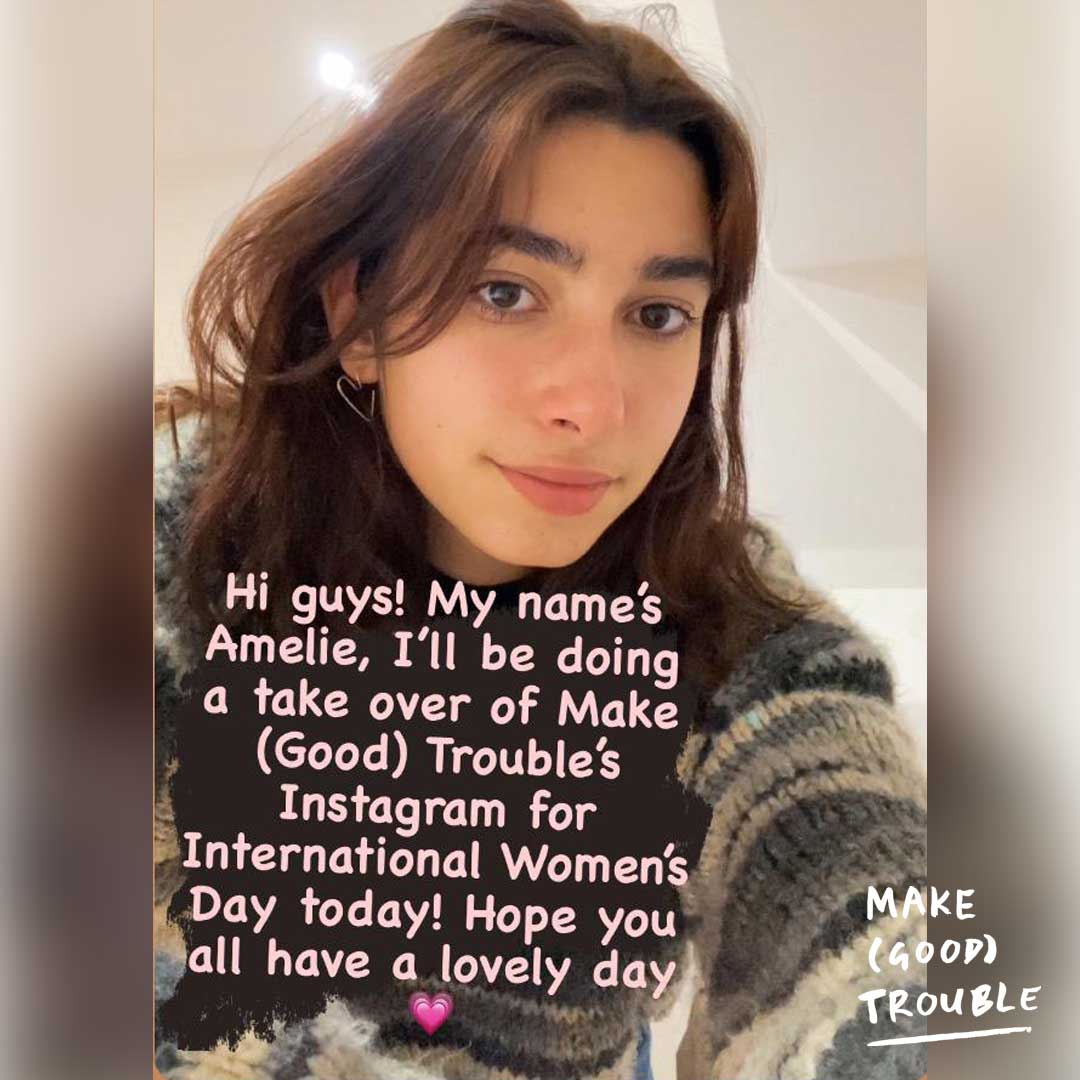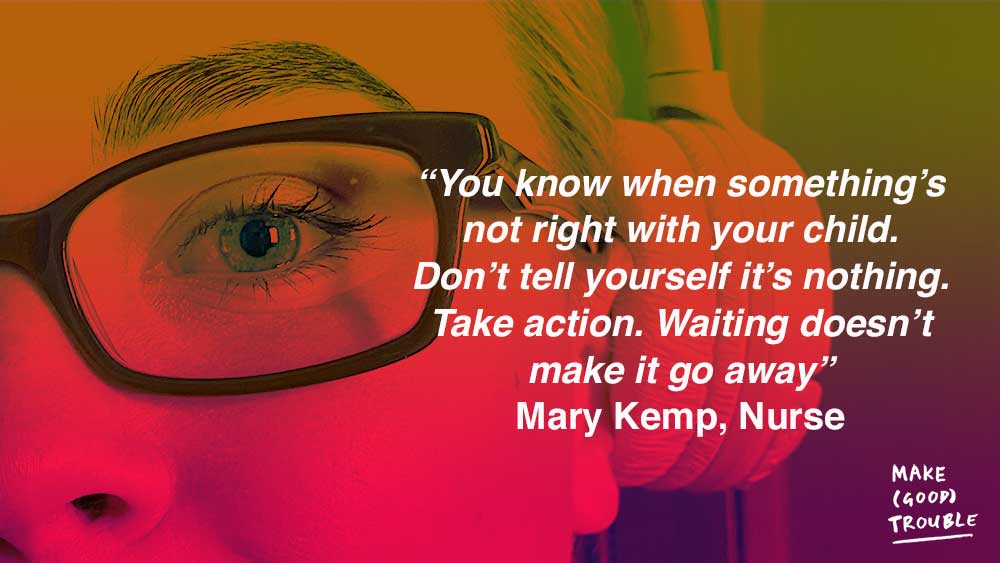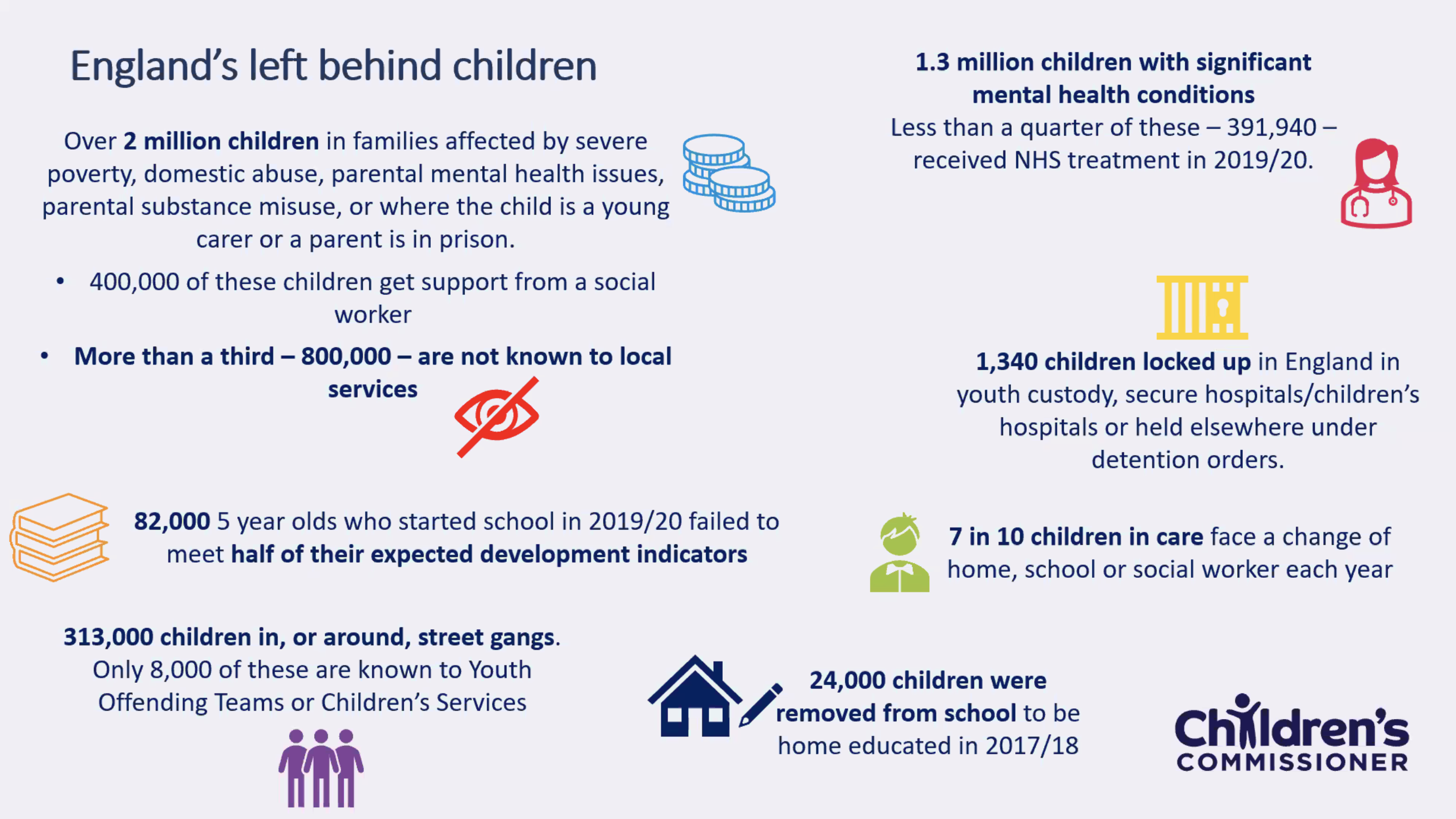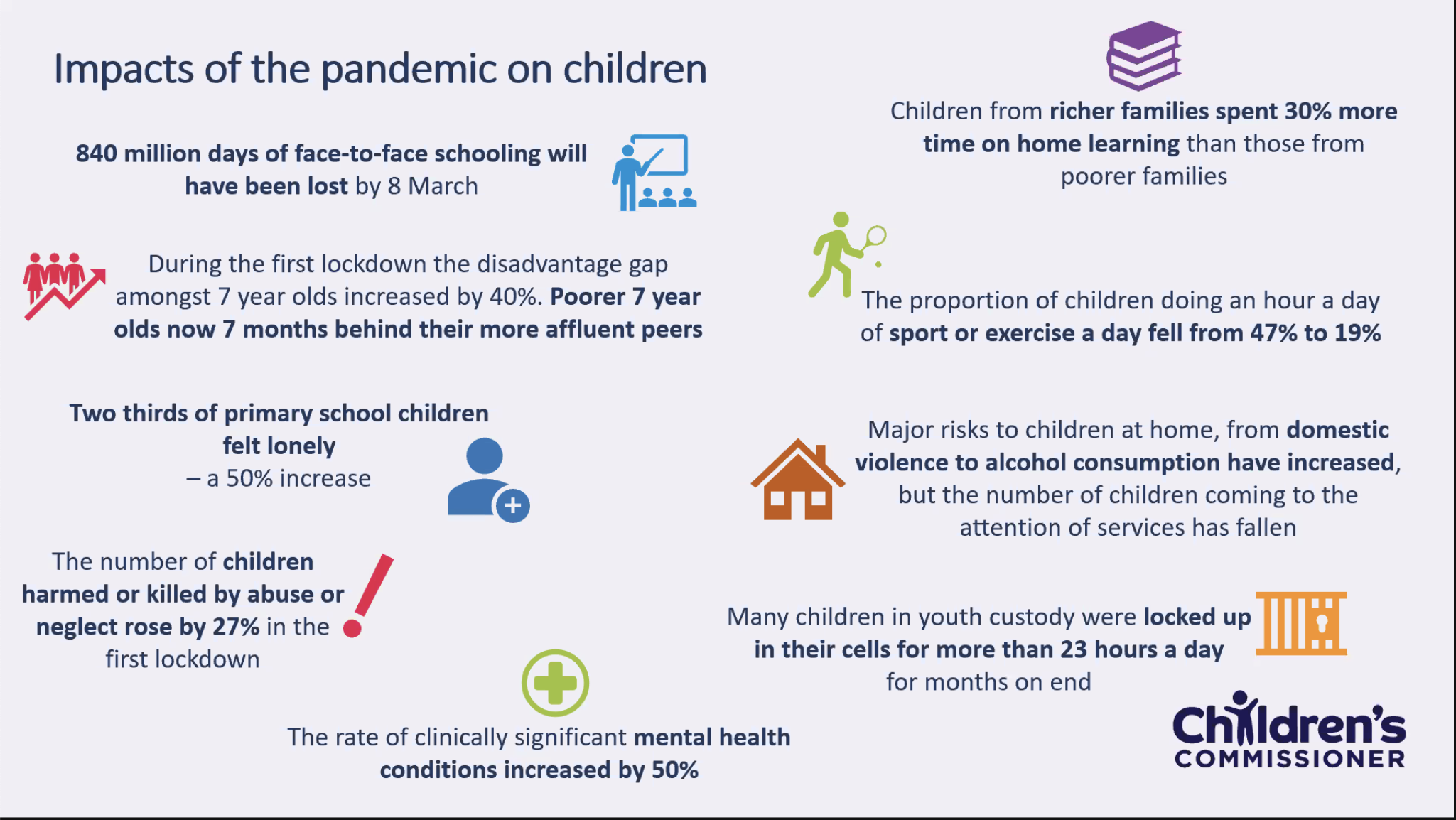This guest post was written for us by Mose, who is one of the many young voices who have spoken to us and shared their thoughts after the death of Sarah Everard.
Make (Good) Trouble promotes dialogue from and between young people and authorities to foster positive change.
How I feel about Sarah Everard, the vigil, and the police response.
First off, I’d like to say, like a lot of women and girls, Sarah Everard’s death took a toll on me in a way I didn’t realise it would. I was reminded of every time I felt petrified for my life, which is a lot more than I like to admit. This tragedy forced me to face those demons again. It brought me to tears and I felt myself fall down a pit of vulnerability and powerlessness. I felt so, so alone and scared. It was a reality check; a harsh truth slapped in my face that I have never and may never be safe as a girl, a woman, and sadly, that I am just one of the lucky ones.
The vigil was needed. End of story. It was needed for everyone. Our shared pain needed comforting. The police, had no right to cancel the vigil for a woman who’s life was taken away by one of their own. No right. They should have stood with us, side by side to show they understood the pain felt by everyone, maybe then would we be more sympathetic to the good police officers. But they didn’t. Police officers man-handled women at a vigil for a woman kidnapped and killed brutally by a police officer. How they couldn’t see what a mistake they were making, I’ll never understand. It was very easy to predict that by cancelling the vigil, people were still going to go. And it was equally as easy to predict that the way the police decided to deal with the vigil would lead to protests, more crowds and risk of people catching coronavirus, which they so desperately claim is the reason why the vigil had to be cancelled. Their plan backfired massively. If the vigil went ahead as planned, with the safe planning in place by the organisers of Take Back These Streets, we would have had some closure, the ability to pay our respects, say goodbye, and to not feel so alone. There would be no protests days after, because we would have dealt with our feelings positively and healthily. What the police has done is shown they don’t care, and with that, the divide between police and citizens stretches even further.
Lastly, I’d just like to say, the limitations the government desire to put on protests, which are a basic human right, is madness. Time limits, noise reductions, more intrusive methods, etc, etc. And for what? Because we’re disrupting the community? We’re disrupting the police’s day? That’s the point of a protest. This bill will not work. The people will fight even harder. And just like what happened at Sarah Everard’s vigil and the protests that followed, will happen again and again. We will not be silenced and our spirits will not be broken. People will keep shouting, keep chanting, keep marching, bigger and louder than ever before. Because this is our life, and we have human rights and we stand together to defend our rights.
